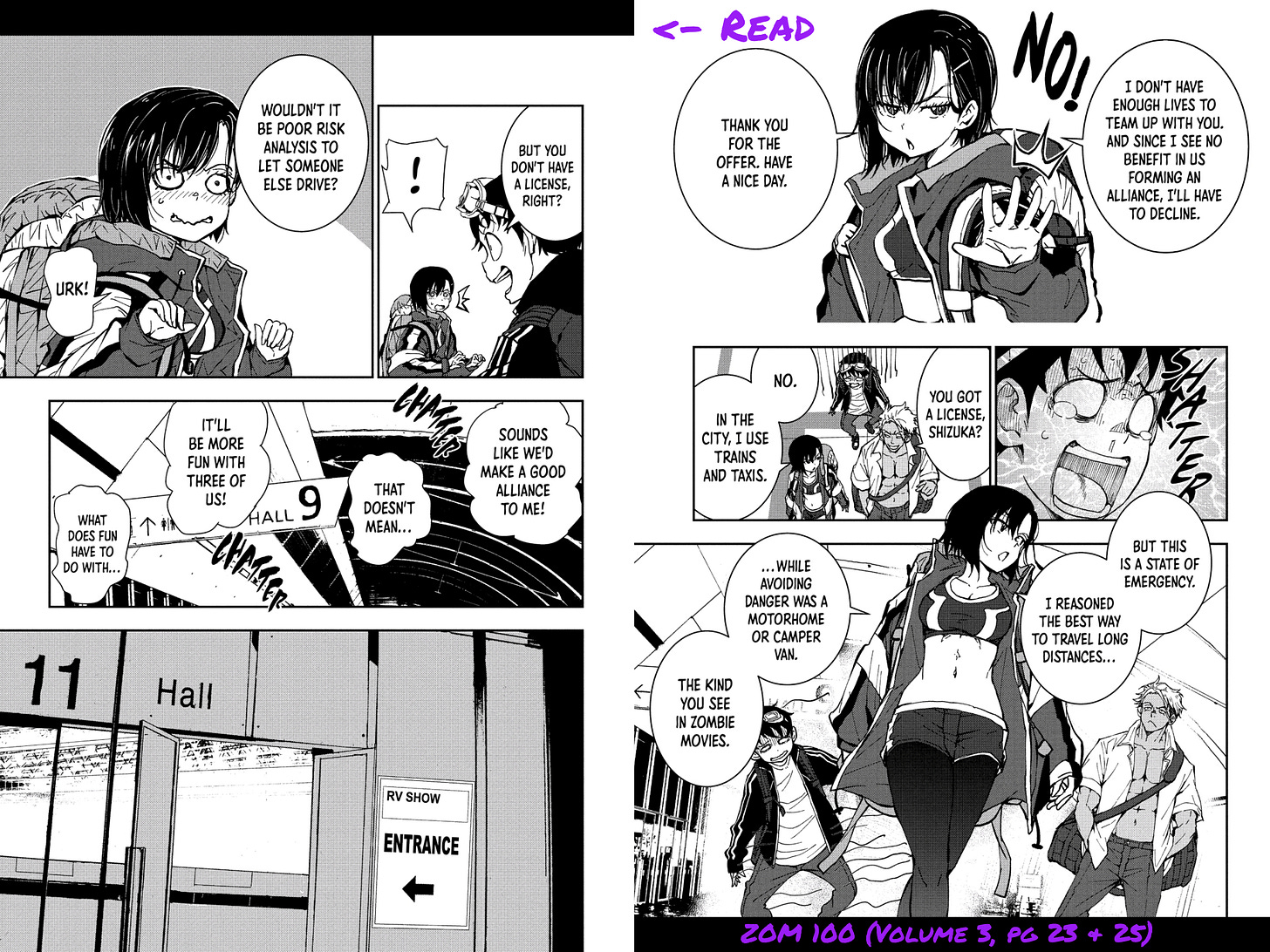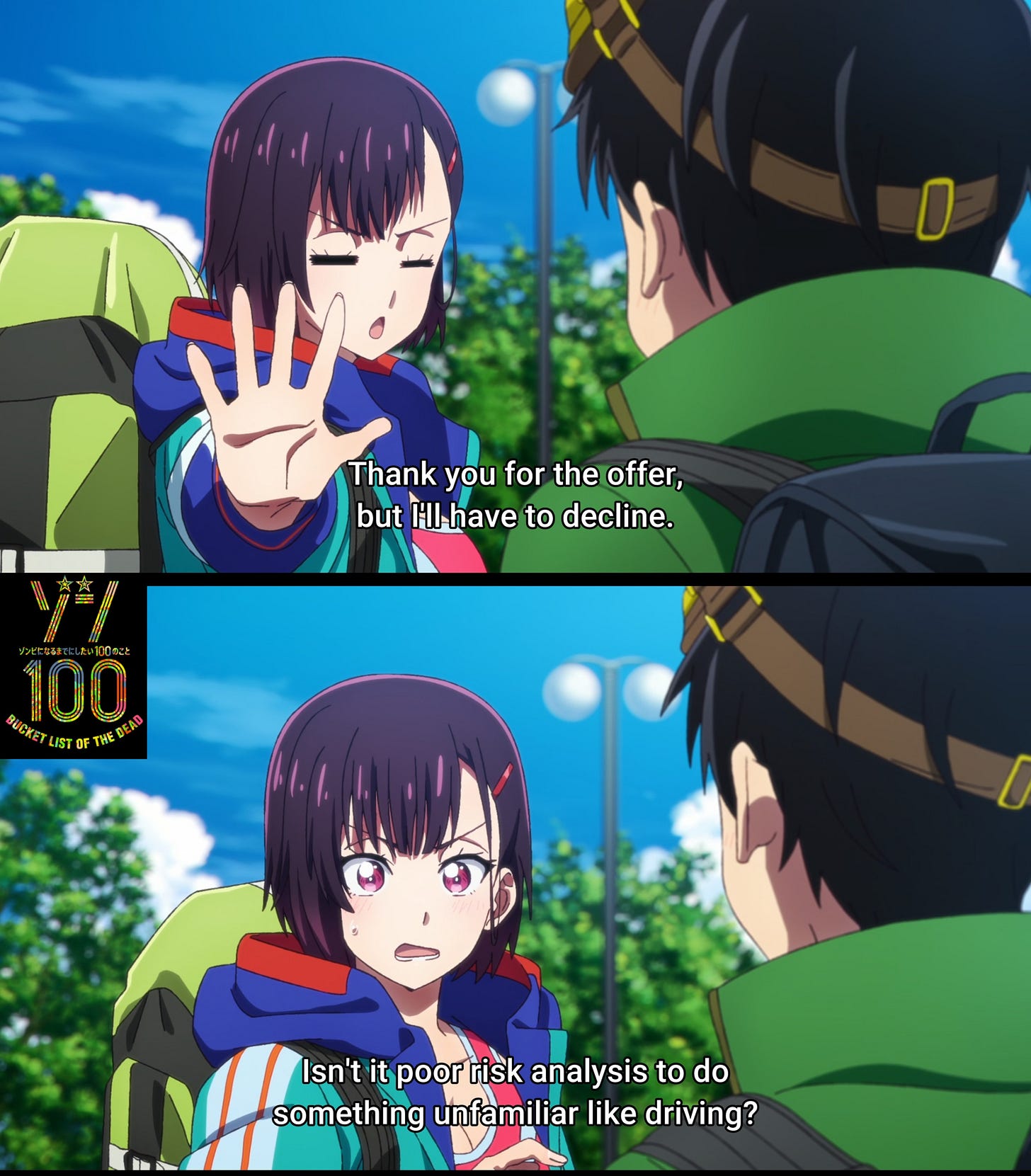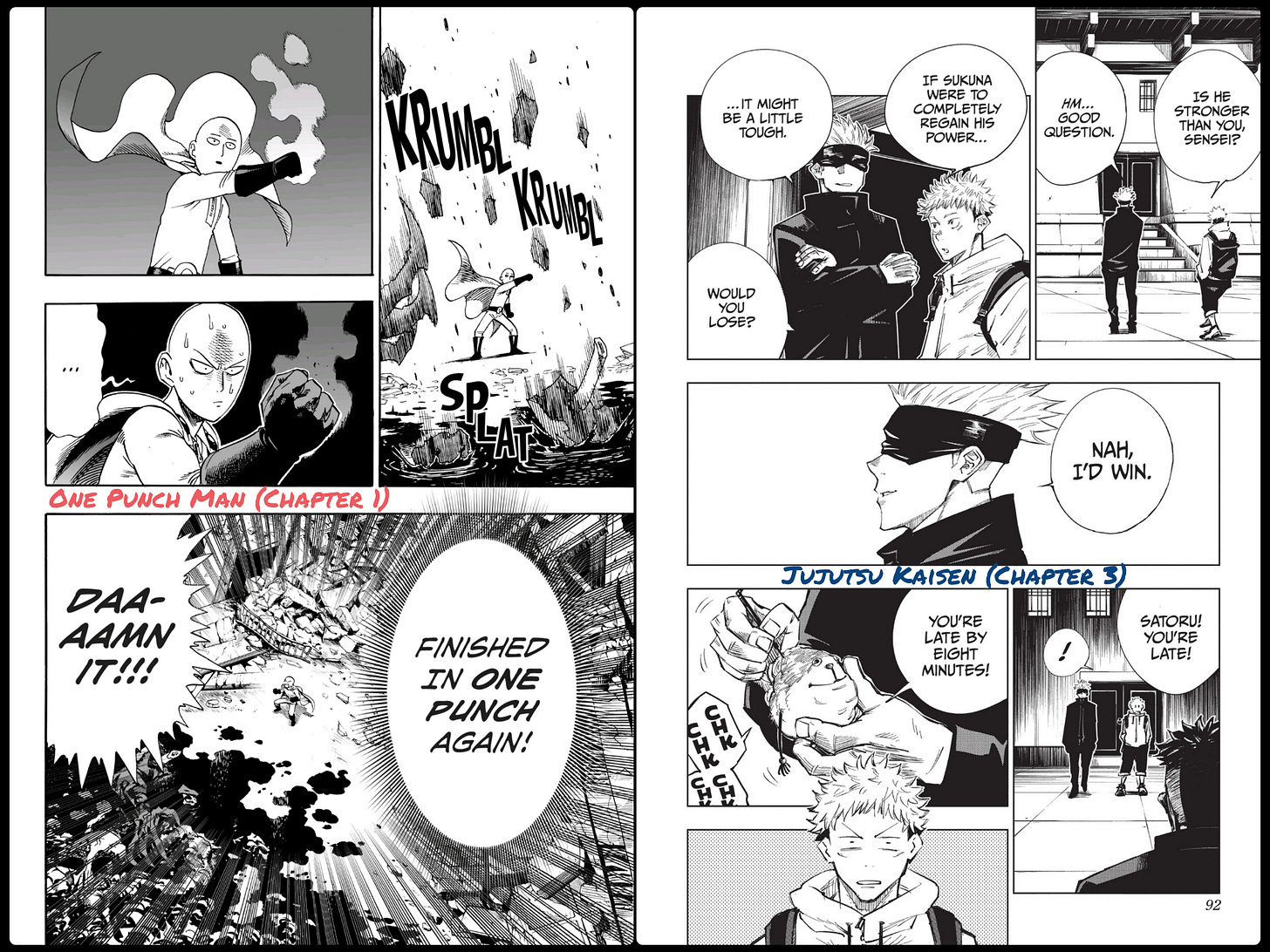Time just kind of flies, doesn't it? One day you're a scrawny teenager, playing badminton semi-competitively. You don't really know what you want to do in life, so you just decide winning junior nationals would be a nice goal. You get pretty close, but it doesn't happen. Unsure of what to do, you hold on to that goal: maybe if you win nationals, you'll be happy. Then you can stop. Fast forward to winning Pan Ams before winning nationals.
What?
And finally it happens. You make it to the final of nationals and playing against... a random unseeded team? Not the hard fought victory, where you're in a deficit in the final game, and pull off amazing shots for the comeback to win your first national title.
Nope.
It's okay, because you already have a new goal in mind. You're enticed by the Olympic dream, so what's a national title compared to that?
That was the fun part. Everyone vying for the Olympics will have their own story to tell, but much like competing in badminton, you have to first believe something to be possible before you can make it a reality. However, we all know that just believing something isn't enough to make it come true.
Fast forward to now. My Olympic journey was a long time ago, and I'm coaching and sparring with athletes that weren't even born yet. It doesn't really matter how I feel about it. It's just the reality I have to deal with. I'm grateful I can still play badminton without any major injuries, but I'll always be a fraction of myself from a different time. However, I’ve improved in other places and if I want to keep growing, that's on me. Same goes for the rest of us.
Sorry, personal development is an individual sport. Looks like we have to play singles after all.
WEEB!
I usually read non-fiction because it's written by people trying to pass on their life lessons. These lessons have come from hardship and effort, and reading is one of the best ways to distill key lessons in a shorter period of time. I'm aware that everyone has their own opinion, but I'd prefer to hear opinions based on evidence or underlying experience. This allows me to better decide on whether it's worth considering or not. This is also why I prefer to read, because when you write, you tend to refine an idea by rewriting it (or at least that's my interpretation of it). Compared with speaking, like in podcasts, it's harder to be concise unless you're deliberate with your words. You can often see if someone is thinking first before they speak because there are long pauses. When we read, the writing has been distilled as we don't have to read every revision of the sentence. However, that's a skill in itself which I hope to improve on. I know I can ramble, so this is my practice too. Thank you for being part of the process.
However, with fiction, sometimes we are left hanging. Not all stories have an ending prepared. We may have somewhat of an idea, but we'll see when we get there. Isn't life like that? We have a bit of a direction, but will we get there? Tune in next time, on another episode of your life story.
I have learned to enjoy fiction more, particularly Japanese manga, because of the creative freedom that comes with it (at least in my mind). With art, especially manga, there is the freedom to be totally serious in one scene, to not serious at all in other (or vice versa).
It can be similar in anime too, but that's a more difficult process, with having voice actors and actresses, music, and of course, the entire animation process. However, I tend to read the manga first when possible, then if I enjoy the story, I'll watch the anime.
Where am I going with this? I'll get there, I promise. This is not to convince you to watch anime (much) nor am I writing this to justify me watching anime (maybe). It's another lesson of making the most of something especially if it can help you in any capacity. Fiction, in any form you prefer, is a representation of reality. It's a hypothetical situation in which a lesson may be extracted, even if sometimes the lesson is that things happen for no reason. I prefer art because it's VERY obvious it isn't real. That’s why I use AI generated artwork, because it's purposely meant to imply that it is artificially generated.
I understand that there are ethical issues regarding AI generated artwork, but I don't claim to be an artist, nor do I think AI generated art is better than a real artist. AI can write well, but it doesn't mean that I shouldn't write anymore. All I know is that I can write better than I can draw, and that AI is a valuable tool if you know how to use it, but I don't want to ramble longer.
Despite not being real, I've been reflecting on the following thought:
Can fictional role models be just as valuable as real-life ones?
It can be hard to find a real-life role model, because we create expectations of them. Worse, we've probably never even met them. The more you think about it, the more complicated it gets. Some believe that you have to encompass ALL of their character, both strengths and weaknesses, to properly model them. I don't necessarily agree, because we would never truly understand what someone else is going through or have gone through. We cannot say someone's strength is due to their drug addiction, or for every heroic feat, there is some underlying vice. It's all too common for people to get cancelled for something they've done, or have been alleged of doing, despite the remarkable accomplishments they've achieved. However, I refuse to participate in these luxury beliefs because I don't need to have an opinion on something I know nothing about.
In contrast, a fictional character can potentially be perfect, because it's made up! Though I don't really have any data to back this up, it seems like some fan-favorite characters are the overpowered ones. Saitama (left half) from One Punch Man and Gojo (right half) from Jujutsu Kaisen come to mind.
But that's the formula of a generic story, right? The hero must survive long enough to get to the climactic ending, and they’ll usually win too. In our own lives, we're the main characters. But it doesn't necessarily mean that the endings to our stories have been written (though you are free to believe what you want!). Some stories are being written as they go along, and although there is a direction to where the writers want it to go, things don't always go as planned. We’re all writing our own stories, by the choices we make, based on the circumstances we are faced with.
I realized that it's okay to have fictional heroes as role models (minus the superpowers, of course), because of this one thought:
Our future selves are fictional, aren't they?
Our ideal selves are fictional in a sense that they are made up. We have a chance to make it real, and though it doesn't always happen, it shouldn't stop us from trying. Consider where you are now, and look back at the past and see how far you've come. Are we the same as what we once were?
True story: we've all believed things in the past that we no longer believe. Some of us have truly come a long way.
Based on a True Story
Have you ever thought what "based on a true story" really means? Isn't it "a story based on the truth", but if a story equals fiction, then it's still fiction, so then how is it true? When you see something that's "based on a true story", do you assume that it's fiction or non-fiction? I default to fiction.
There's nothing wrong with that, because sometimes we just need to operate with a direction in mind. We are setting the premise of our story or experiment, and we don't know what will happen. Hey, that's life! Actually, that's a lot of things. Sport comes to mind. School. Work. Relationships. We start something, but we don't really know how it will end. We know what we want, but we don't always get what we want. That should never stop us from trying though (if it's important, it deserves repetition!).
I watched the "Zom 100: Bucket List of the Dead" anime when it came out on Netflix and it was intriguing. The premise of the story is that Akira, the main character, becomes a corporate slave to no end, but then a zombie apocalypse occurs, snapping him back to a new reality where he creates a bucket list.
The anime only has 12 episodes, so I went back to read the manga to find out what happens next. While the story has its share of clichés and familiar tropes, I still enjoyed it, especially the life themes. Even when predictable, it feels intentional as to continue the characters' journey forward in a meaningful way. In fiction, we often get a mix of the highest highs and the lowest lows. It's meant to be this way because it's an escape from reality. I would never want to live in a fictional world, nor bring one to reality. Problems often arise when we confuse the two, and perhaps that's what happens to some people. However, we should be more precise here. We can extract lessons, ideals, and methods from any story, but we shouldn’t expect the same outcome (obviously!). Things operate very differently in reality due to randomness.
Stories are not random, that's why they're stories.
The Bucket List
Bucket lists aren't a new thing. Zom 100 didn't invent the bucket list, but it inspired me to make one. Obviously, I'm not making a list because we don’t turn into zombies (to my knowledge), but if the idea is useful, why not adopt it?
"Good artists copy; great artists steal."
Pablo Picasso
Instead of New Year's Resolutions, I stole the idea to draft my own bucket list: 40 things to do before turning 40. It's meant for me to write a list of things I have been putting off for a long time, and like Akira, instead of fearing the inevitable, why not have the courage to take opportunities as they come? Although his story isn't yet finished (based on what I've read up to), the focus is on doing things on his bucket list, rather than dwelling on an uncertain future including the chance of becoming a zombie.
However, the difference between Akira and I is that there's a chance that Akira will never be a zombie, whereas I will eventually get to 40 (or die trying… wow, morbid 💀). That's also why I picked 40 things to do and not 100, because 40 is a stretch goal. 100 is a borderland fantasy (if you get this reference, I salute you).
Whether I get there isn't the issue, it's just meant to give me direction. If you aren't sure what you want to do either, why not give this exercise a try?
"X things I want to do before I turn X".
Modify it however you think it can work for you. Depending on how much time you give yourself, you can scale your list items accordingly. For example, I have about half a year left to complete 20-30 things, which means I have to scale the difficulty of each item. However, if I were to make a new list: "50 things to do before turning 50", then I could have loftier goals, as I've given myself a decade to accomplish my bucket list.
I'll include some parts of my list so far, but this is a personal thing and I encourage you to try it too. Whether you want to keep things personal or to share it with the world is up to you, of course. Some goals are meant to be personal, and that's totally okay.
"A goal is not always meant to be reached; it often serves simply as something to aim at."
Bruce Lee
One More Thing: A Final Thought
Although this is supposed to be a badminton-themed blog, it might seem like I haven't been talking about badminton specifically in recent posts. That would be a fair observation but allow me to make a counterpoint. Badminton, and many other activities, are non-essential (i.e. non-professional) for the majority of us. Exercise, in general, should be essential for health, but any one sport or activity is more of a want than a need. Let's keep this point short and simple:
Manage your essentials first, then worry about the badminton after.
I've mentioned this before. Sometimes, people aren't having badminton problems, they’re having life problems. No amount of badminton training will help until you fix the life problem. This is similar to players with injuries continuing to train: you don't have a badminton problem, you have a health problem.
That's why I try to include life lessons from my own experiences or other references. To me, badminton is simply a medium to learn about life, and it can provide useful analogies and themes that can be transferred to other domains.
Improving other aspects of your life will allow you the freedom to improve your badminton (or whatever else you want to improve).
And as always, your mileage may vary.












